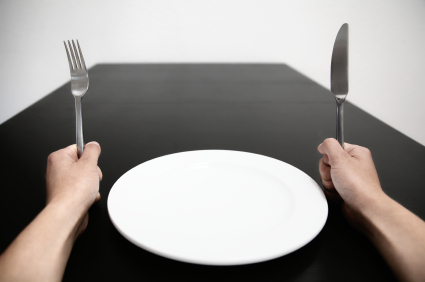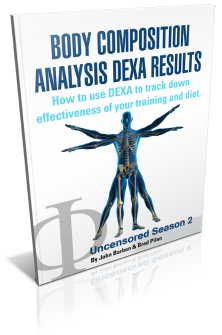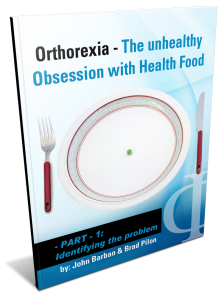Here’s the next episode of the UNCENSORED Podcasts Season 2.
Today’s topic: Intermittent Fasting, Intermittent Feeding and Gender Differences

Could Fasting Actually be Bad for You?
What are the Benefits of Intermittent Fasting?
Could one benefit be a goal to achieve 0% BF?!
Of course not! When incorporating fasting into your lifestyle you should know what to expect and understand why you are doing it. Do you want to create room for extra weekend calories? Or use fasting as a tool to lose one additional pound each week?
When our friend Eric tried fasting at about 7% body fat before his competition he could hardly push to the 24 hour mark and felt terrible. Was this a surprise? Not really.
If you are already ripped, you can’t expect to fast four times a week for 24 hours. The less body fat you have the more your body will try to “protect it”.
This is something most people don’t realize and even major fitness articles are wrong when they state “Fasting doesn’t work” or “Intermittent Fasting is Dead” and so on.
Truth be told, intermittent fasting has become quite popular in 2012. As the trend follows with everything that receives a lot of attention and popularity, there is always some negative feedback attached as well.
Today, we will analyze a blog post from a woman who tried fasting and misunderstood the effects of dieting on her hormones and blamed fasting for being unhealthy. We will also cover her false conclusion of a famous mice study on fat loss and fasting.
John Barban and Brad Pilon will also show you the difference between intermittent fasting and intermittent feeding and explain which is more useful as a fat loss or bodyfat maintenance tool.
In today’s UNCENSORED training, you will also discover:
- Different fasting protocols you can follow and how to determine which one will fit you the best
- How to make (intermittent) fasting sustainable
- Discover at what point you have to reduce the frequency and length of your fasts
- How to optimise the whole process of dieting so you get the results, feel good, and don’t burn out
- Learn whether there any “side effects” of dieting or intermittent fasting/intermittent feeding
- What steps to take when you read other blog posts about intermittent fasting and want to remain objective
- How to take into account your limits when training, dieting and fasting
- What fundamental questions to ask yourself when you reading an article/journal which quotes a research study
- The second part of the Eat Stop Eat lifestyle you can’t forget about
- What the signals indicate you to stop fasting
- The difference between intermittent fasting and intermittent feeding and when to use them
IMMERSION Clients May Login and Download Podcast Here
Not a Venus Index IMMERSION client? Click here to find out more… and hear a weird story too








New Comments